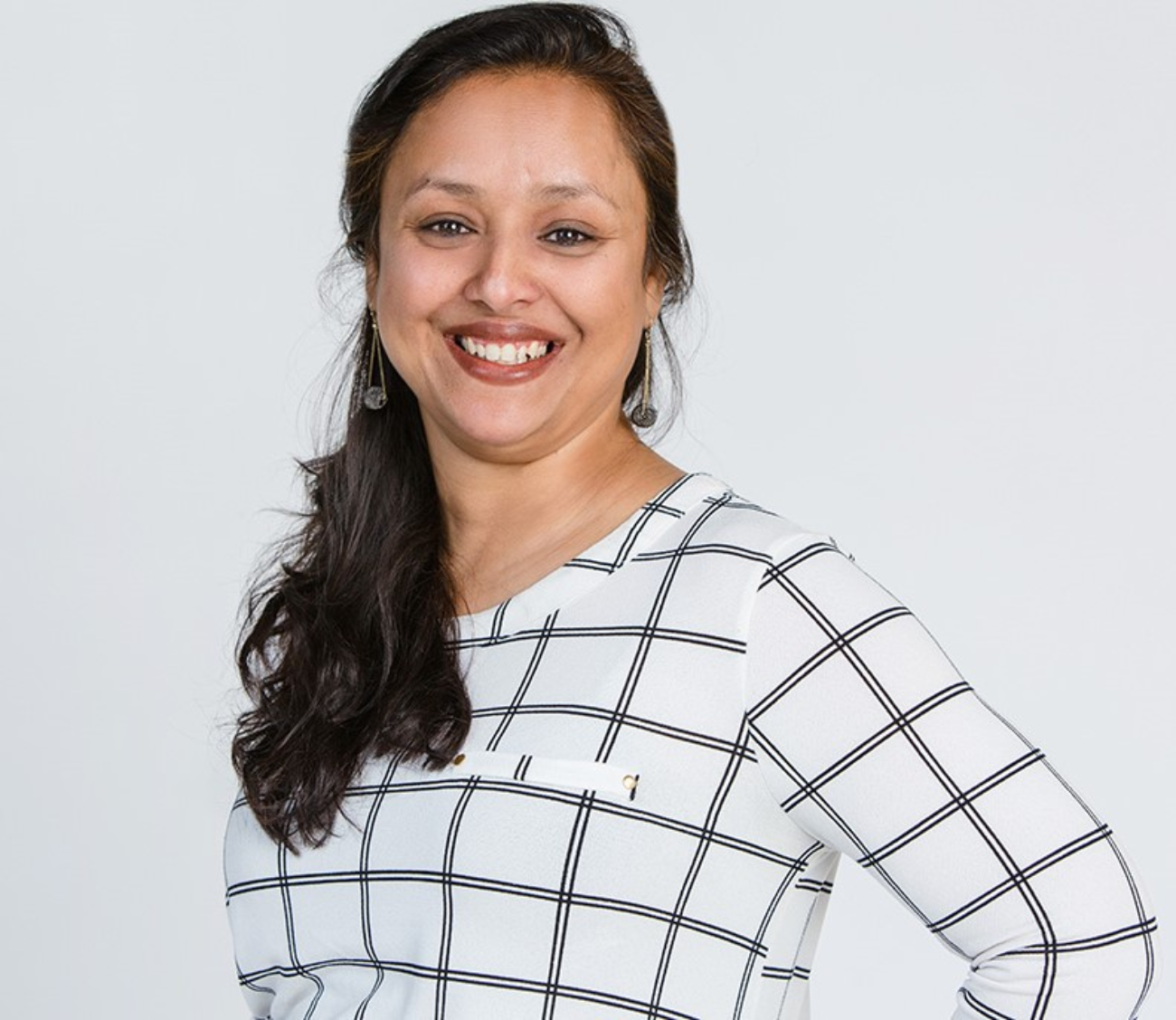Rachna Nath at Arizona College Prep High School in Chandler was honored by TIME’s 10 Innovative Teachers Project, presented by Verizon.
Celebrated for helping students pitch their inventions to stakeholders; how to patent a device; and how to build a prototype, Nath was highlighted among 10 educators for changing the landscape of education in America and demonstrating outstanding leadership. Overall, the 10 finalists of the TIME Innovative Teachers Project have helped students with disabilities get placed in STEM careers; made unaccompanied minor immigrants feel welcome in the U.S.; connected students around the world on video chat; planted micro-forests to teach ways to fight climate change; and designed video game lessons to teach anti-racism.
READ ALSO: Ranking Arizona Top 10 lists for 2022
These outstanding educators were selected by TIME and supported by Verizon to help celebrate the company’s 10th anniversary of its Verizon Innovative Learning program, as well as Verizon’s $1 billion in contributions supporting digital equity to help students and teachers hone digital skills. This fall, Verizon will add 50 Title I schools to Verizon Innovative Learning, which has reached more than 1.5 million students since its launch in 2012.
Verizon Innovative Learning aligns with the company’s larger Citizen Verizon responsible business initiative to move the world forward through Digital Inclusion, Climate Protection and Human Prosperity.
What TIME wrote about Rachna Nath
Rachna Nath often felt like the “weird child” at school growing up in India, asking lots of questions and looking for unusual ways of doing things. Now that she’s a teacher herself, she wants to cater to that kind of student.
“I came here and I saw the way I can contribute,” says Nath, a science teacher at Arizona College Prep High School in Chandler, Ariz. “I literally became the person I was looking for when I was in my high school.”
In 2018, Nath started working with students after school to invent solutions to real-world problems. Students learned to brainstorm solutions, research existing patents and apply for grants to build prototypes of their new products.
What started as an after-school program for three students will become a year-long class this fall for about 30 students. “They can feel free to fail and make mistakes,” says Nath, 45. “By the end of the year, they will be presenting to stakeholders and doing pitch competitions.” It’s this real-world experience of pitching and prototyping products that sets Nath’s program apart.
So far, her students have worked on a device to amplify Wi-Fi signals in dead zones, invented a hat that helps detect heat stress, and explored how mealworms can digest styrofoam to cut down on pollution.




